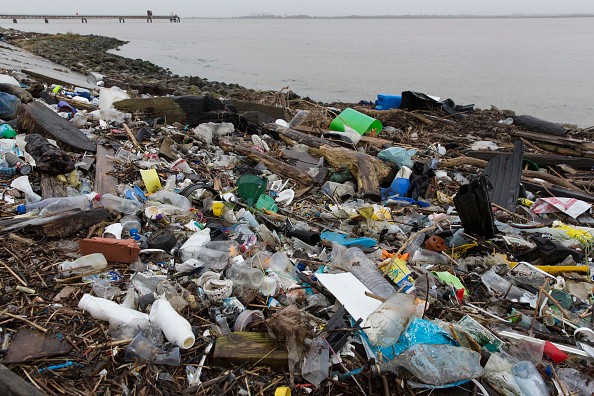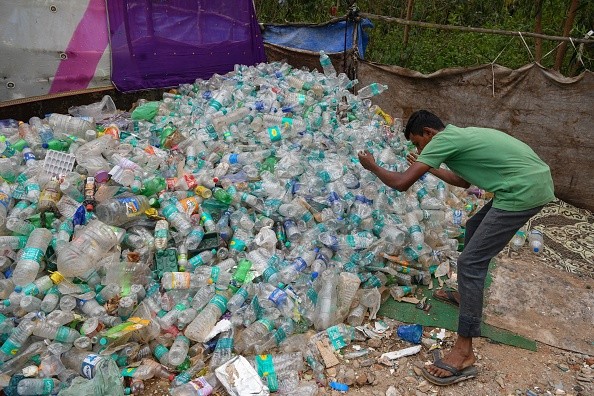According to a survey, only 5% of the plastic garbage produced in the US last year was recycled. Nearly 95% of the 51 million tons of plastic Americans threw away in 2021 ended up in landfills, seas, or the atmosphere.

Recent Study
According to a recent study from Greenpeace, only 5% of the mountains of plastic garbage produced by US households last year was recycled.
Nearly 95% of the 51 million tons of wrappers, bottles, and bags Americans threw away in 2021-or approximately 309 pounds of plastic per person-went to landfills and the ocean or were dispersed in the atmosphere as harmful microscopic particles.
According to Greenpeace, the plastics problem is not merely a result of reckless consumption or laziness; the situation would not improve even if every family segregated every piece of plastic and dumped it in a special recycling facility.
Lack of Recycling
According to the study, not a single kind of plastic packaging is recyclable according to the standards of the Federal Trade Commission or the Ellen MacArthur Foundation's new plastic economy program.
Even plastics that have been around for a while, including PET #1 and HDPE #2 bottles and jugs, fall well short of the foundation's standard of 30% recycling. Less than 5% of the plastics millions of people use each day to package leftovers, eat takeaway, or send back undesirable internet purchases are reprocessed.
Large Companies

The recycling hoax will infuriate those who have tried to carefully wash out plastic bottles and containers in the hopes that they would be processed and used to make another plastic package that the world most likely didn't need.
"For decades, businesses like Coca-Cola, PepsiCo, Nestlé, and Unilever have collaborated with industry front organizations to promote plastic recycling to reduce plastic waste. However, the numbers make it evident that most plastic cannot be recycled. According to Lisa Ramsden, senior plastics campaigner for Greenpeace USA, reusing and refilling systems is the actual answer.
The research, Circular Claims Fall Flat Again, updated the 2020 assessment of 370 recycling facilities, indicating that even the bottles and jugs were not fully recycled or recyclable. It also discovered that most plastics were not commonly accepted.
The capacity gap never closed when China stopped taking plastic trash in 2018 since it was essentially junk and impossible to recycle. Meanwhile, plastic usage increased.
But plastic garbage is so pervasive that it is highly challenging to collect, nearly hard to sort, environmentally destructive, and expensive to reprocess. It frequently contains dangerous compounds, making exporting plastic a false solution, as is all plastic recycling.
On the other hand, as they do not have these issues, paper, cardboard, metal, and glass are recycled considerably more.
According to Ramsden, the industry's arguments that plastic recycling is still in its infancy after three decades ring hollow. The sector should endorse a comprehensive Global Plastics Treaty that will ultimately end the age of plastic rather than continue to greenwash and deceive the American public.
After more than 170 countries supported a historic UN resolution in March to prevent plastic pollution, the treaty is being drafted, with a legally binding global accord in place by 2024. The pact is expected to determine whether packaging will be replaced by reuse and refill systems or not and how the plastic pollution catastrophe will develop in the years to come.
Important Assessment
According to a recent assessment by the Organization for Economic Co-operation and Development (OECD), worldwide plastic usage and trash will nearly quadruple by 2060 if current trends continue, with nominal growth in plastic recycling.
Related Article : Alarming Report Considers Plastic Pollution as a Planetary Emergency
For more environmental news, don't forget to follow Nature World News!
© 2025 NatureWorldNews.com All rights reserved. Do not reproduce without permission.





